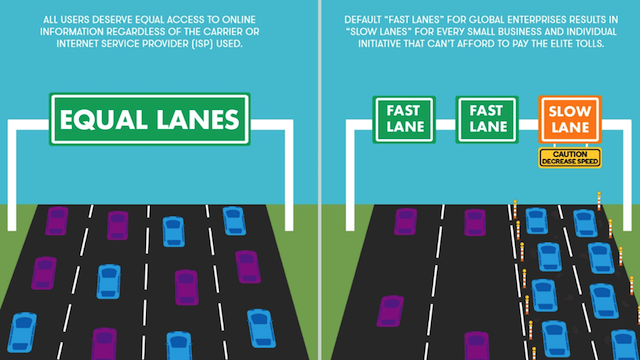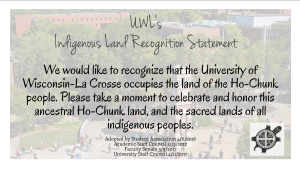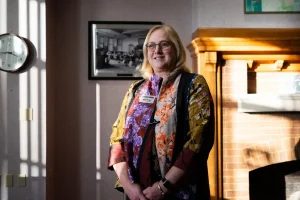Viewpoint: Net Neutrality
April 25, 2018
On Dec. of 2017, the Federal Communications Commission (FCC) voted to lift the 2015 Open Internet Order. This order is what gave the U.S. net neutrality which allows users access to, “all content and applications regardless of the source, and without favoring or blocking particular products or websites” (dictionary.com). Net neutrality guarantees that internet service providers treat all content equally.
The FCC is composed of five people: Ajit Pai, Mignon Clyburn, Michael O’Reilly, Brendan Carr, and Jessica Rosenworcel. The FCC Chairman, Pai, who was, “appointed to run the FCC by President Trump, has been a longtime critic of the net neutrality rules” (cnn.com).
Rosenworcel, one of two FCC Commissioners who voted against repealing net neutrality, tweeted back in Dec., “’The [FCC] has failed the public. The public record it’s using to justify the roll back of [Net Neutrality] is a corrupted mess and the agency isn’t doing anything about it.’”
Rosenworcel went on to write, “’That’s not right. Public integrity matters.’”
When I wrote to my Representative, Tom Emmer, back in Dec. about my concerns regarding net neutrality, he responded by stating, “The internet has thrived as an open and free marketplace without the burden of government bureaucracy.”
Emmer went on to write, “Unnecessary regulation and a ‘Washington-knows-best’ mindset always leads to higher costs and fewer choices.”
This isn’t necessarily true. When there are no regulations, internet service providers can, “choose to block, slow, or otherwise discriminate against content and services” (quart.com). Such as the time in 2012 when AT&T blocked usage of FaceTime, so, “when users tried to access the application from certain data plans, such as unlimited data packages” (arstechnica.com).
This repeal directly affects UWL students. Due to a lot of our assignments and other coursework being on D2L, we spend a lot of our time online for school. Putting that aside, though, college students spend a lot of time online in general. Net neutrality could affect sites such as Netflix, which would probably be less than favorable for college students. About 68% of college students engage in binge watching, which is defined as watching three or more episodes in a row, shows on Netflix with 71% of that happening 2-10 hours a week (techinfo.com).
According to Wired, our current internet may have looked very different if internet service providers made different decisions prior to net neutrality. They stated, “had internet providers blocked or severely limited video streaming in the mid-2000s, we might not have Netflix or YouTube today” (wired.com).
It should be clear in a country that holds freedom as something of importance, that a free and equal internet should be allowed, too. As of right now, “More than four months after the Federal Communications Commission voted to repeal net neutrality rules, the rules are technically still on the books” (arstechnica.com). To voice concerns about net neutrality ending, check out battle for the net here at: https://www.battleforthenet.com/ .






